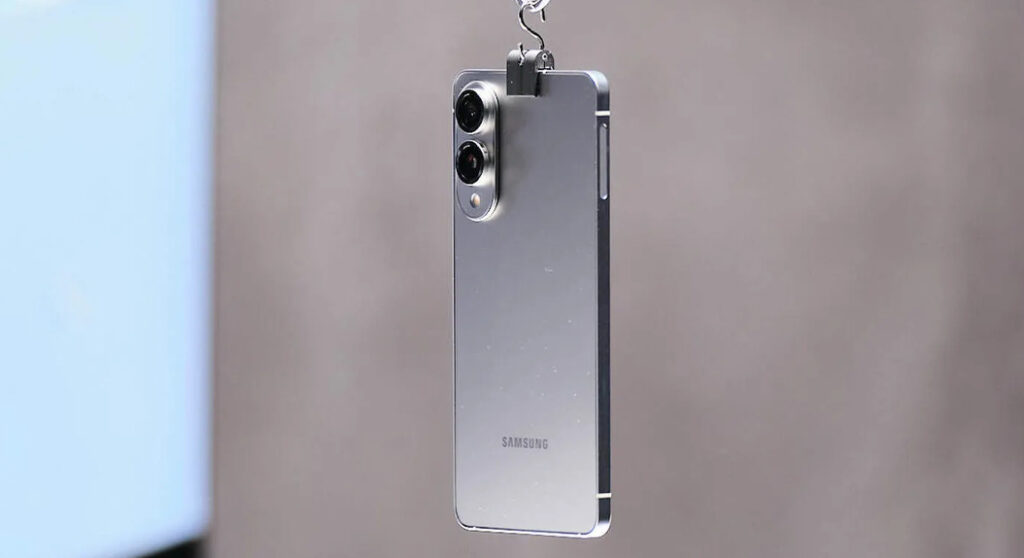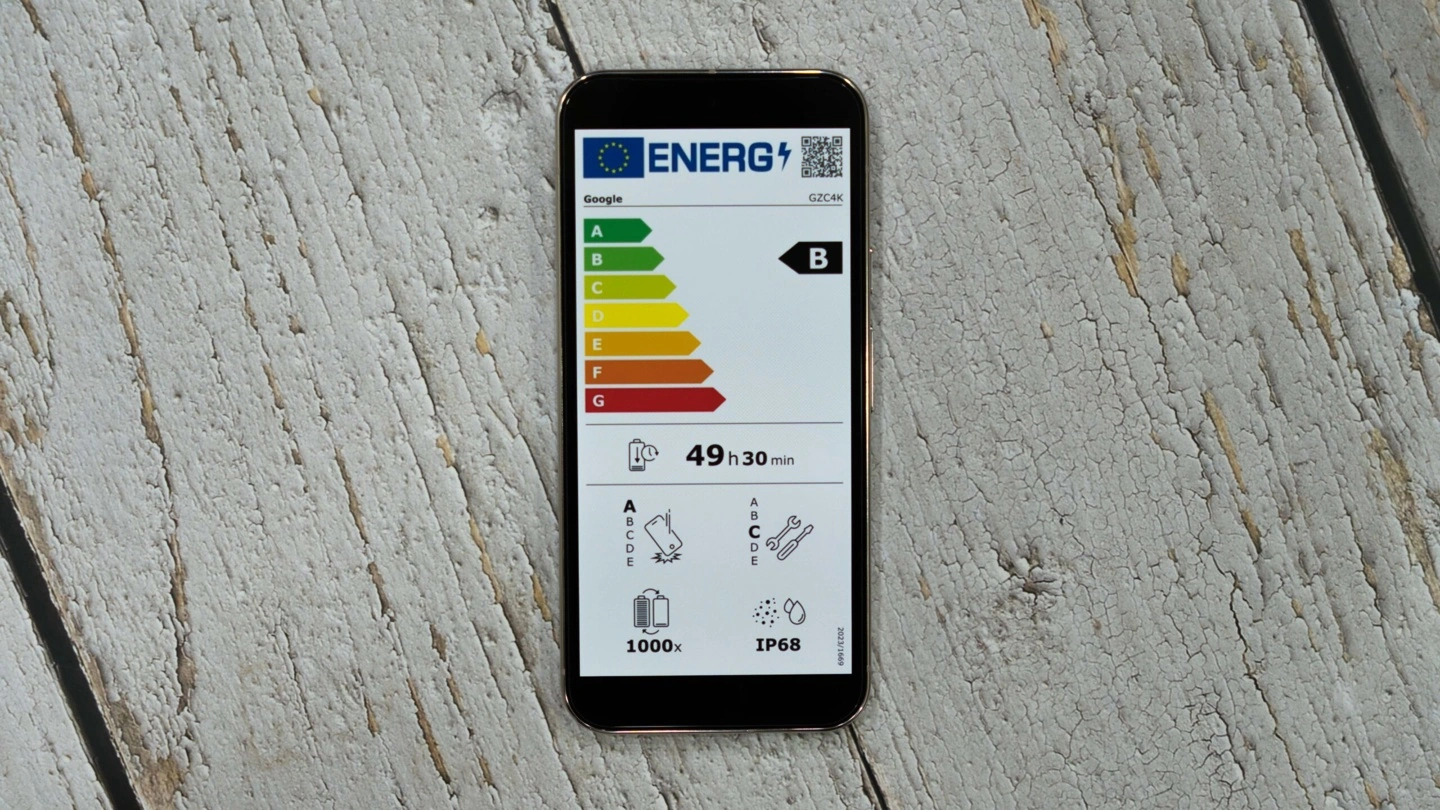Recent findings from Android Authority highlight a significant development for smartphone buyers in Europe. The European Union’s updated energy labeling initiative now covers smartphones and tablets, providing consumers with verified data on battery longevity, including the number of full charging cycles each device can withstand.
Samsung has emerged as a clear industry leader in this space. Several Galaxy devices—including the S25 Ultra, S24, and the rugged XCover7—have achieved ratings of 2,000 charge cycles, twice the figure considered standard for most competitors.
The EU Battery Label Program: What’s New?
The EU’s energy label, long familiar to consumers of home appliances, now extends to mobile devices. This initiative promotes transparency by disclosing:
- Battery charging cycle lifespan
- Energy efficiency metrics
- Component durability ratings
The goal is to empower consumers to make more informed purchase decisions based on objective hardware data—not just marketing claims.
Samsung’s Competitive Advantage
Samsung’s performance in the EU battery database stands out:
- Galaxy S25 Series, S24 Series, Galaxy A56, XCover7, Tab S10 Series: 2,000 charging cycles
- Galaxy A26, A16: 1,200 charging cycles
These figures underscore Samsung’s commitment to durability and long-term performance in its flagship and mid-range devices.
Industry Comparison
- Google Pixel 9 Series: 1,000 cycles
- Motorola Edge 50 Neo: 1,200 cycles
- Nothing Phone 3 Series: 1,400 cycles
- Fairphone 5: 1,300 cycles
- Apple iPhone 16 Pro Max & iPad Air M3: 1,000 cycles
- Sony Xperia 1 VII: 1,400 cycles
Most brands fall within the 1,000–1,400 cycle range, making Samsung’s 2,000-cycle benchmark a significant differentiator.
Implications for Consumers
Batteries are typically the first major component to degrade in smartphones. With 2,000 verified charging cycles, Samsung’s latest models are engineered for sustained performance and capacity, supporting five years or more of regular use. This not only enhances user satisfaction but also supports sustainability efforts by reducing electronic waste.





